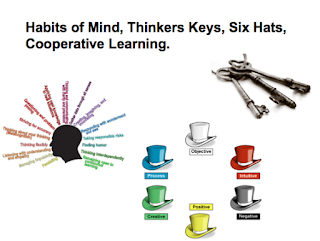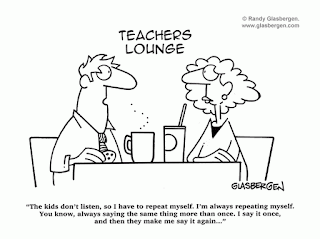Talofa lava. Malo le soifua. O nai ou lagona nei mo lenei vaiaso
(A warm Samoan Language week greeting )
The national workshop for technology 2015 delivery, has been a success up and down New Zealand, with 400+ Teachers and Middle Leaders in attendance.
This particular blog post is my reflection (Thinking about Thinking)
Originally named The Poet (French: Le Poète), the Thinker was initially a figure in a large commission, begun in 1880, for a doorway surround called The Gates of Hell. Rodin based this on The Divine Comedy of Dante, and most of the many figures in the work represented the main characters in the epic poem.
and a summary of session 3 from the workshop, on the meaning of Creativity, Innovation & Critical Thinking.
From P32 of the NZC…
"Technology is intervention by design: the
use of practical and intellectual resources to develop products and systems
(technological outcomes) that expand human possibilities by addressing needs
and realising
opportunities. Adaptation and innovation are at the heart of technological
practice. Quality outcomes result from thinking and
practices that are informed, critical, and creative."
Creativity
So in showing the next slide we wanted some robust discussion around Ken Robinson's remark and to really unpack his theory behind the statement.
What are you thoughts?
The video below of Sir Ken's speech is thought provoking and well worth a watch!
Creative = the ability to generate ideas that are
both new, fresh, novel and appropriate (new, useful, feasible e.g. attribute
listing, brainstorming, visioning) It generates possibilities......
What is your definition of creativity? How do you teach this skill to your students?

Innovation
Innovative thinking = practical application of creative processes to improve or refine existing solutions ( taking existing solutions and redefining and improving to solve specific issues)

 | |||||||||||||||||||||||||||||||||||||||||||||||||||||||||||||||||||||||||||||||||||||||||||||||
| Pedagogical models used in schools to extend creativity and thinking skills.... Are you using any of the above? |
Innovation
 |
| http://sciencelearn.org.nz/Innovation |
The science learning hub is promoting innovative thinking as critical to science education, view the description and decide for yourself if it actually relates to technological practice as well.
Innovative thinking = practical application of creative processes to improve or refine existing solutions ( taking existing solutions and redefining and improving to solve specific issues)
Definitions adapted from John Dewey; Richard
Paul and Lind Elder; Mihaly Csikszentmihalyi, and M.A. Rosenman and J. S.
Gero.)
"Innovation is about invention. It is about being able to come up with
something that nobody has come up with before. Being an innovative
thinker means you have a mind that does not quite work like the logical,
down-to-earth mind that the majority of people have"
Last but by no means least here are some stratagies you could try in class to stimulate Creativity, Innovation and Critical Thinking.......
Critical
/ Analytical = the process in order used to gain a
better understanding of something as a whole or in parts , to analyse or dissect and understand
the relationship between the parts ( analysis of products, environments,
systems) Making decisions, judgements and choices ( Beyer , 1995
Last but by no means least here are some stratagies you could try in class to stimulate Creativity, Innovation and Critical Thinking.......
Thank you to my Colleagues Malcolm Howard, Cheryl Pym and Neville Myers who all had input into the design of the National Workshops for 2015



















